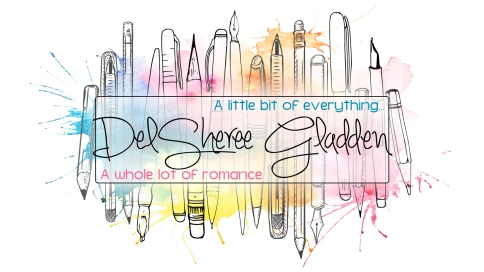Organizing your own event can be intimidating, but knowing what to expect and how to prepare can make it a little easier.

Book signings are often the first type of author event that comes to mind, but don’t limit yourself to only one mode of celebrating your work. Consider setting up a reading, author talk, educational presentation, workshop, release party, themed or holiday event, or join a local arts event.
Bookstores
If you intend to approach a bookstore for your event, there are a few important factors to consider.
Many bigger, chain bookstores will only schedule events with agented authors whose books have buyback options (most POD printers do not offer this). It can be challenging for indie authors to set up book signing or author talks at these stores, but it is always worth speaking to someone in person to see if they alternate arrangements.
Smaller or independent bookstores have more flexibility to work with authors. Many will take books for a signing on consignment and offer the author a profit split for those that are sold during the event. Some may even agree to stock consigned books for a specific amount of time.
When contacting book stores, you often need to reach out to the buyer for your genre. If they aren’t listed on a website, call the store and ask to speak with the books/fiction manager about setting up an event. Do this 1-2 months in advance.
Be sure to ask: whether they will order the books or if you will nee to provide them and when they will need them by, what the profit split is for consigned books, if will they stock leftover books, what equipment they will provide and what do you need to provide, where in the store the event will be held, where you can hang posters to advertise the event, and if they have any other rules or restrictions you should be aware of.
Other Venues

Don’t limit yourself to bookstores for you events. Coffee shops and restaurants are great alternatives for release parties, readings, or speaking events. You may need to rent the space or purchase a certain amount of food/drinks. Each business will handle this differently, and it may take some negotiating and shopping around to find something that works with your budget. Hotel conference rooms tend to be more pricey, but can host larger crowds.
If your book has a specific theme or character’s job central to the storyline, you may consider approaching a related organization or business. One author posted about hosting a signing at a fire station because her main character was a firefighter. It was a great success, because kids were able to see the trucks while the adults chatted about books, making it a fun family event.
Other Events
Pay attention to what community events are available in your area. Craft fairs and makers markets are often open to a wide variety of artists, including authors. Many of these events require paying either a booth fee or a share of sales. Consider not only your potential sales, but your chance for exposure at these events.
It’s often a good idea to sell books for a rounded price to make it easier for people to pay cash and not have to worry about providing change. Also, consider having a way to take credit card payments on a device such as Square.
Art walks, festivals, Comic Cons, and holiday events are also great options for authors to sell books. Look for separate booth fee pricing for artists. Not all events will offer this, but if the option is available, the booth fee is usually significantly cheaper than those for businesses. Be ready with a tall banner sign and business cards or postcards for people to take to remember you and your books later.

Final Tips
Set up or sign up for events as early as possible. Events like this often sell out quickly and venues have a variety of events all year that you will need to schedule around.
Bring you own bags (personalized if possible) to events not at bookstores. Books are awkward to carry around all day without a bag.
Have smaller, cheaper items available for sale. Book themed bags, pens, bookmarks, jewelry, etc. make great small gifts for book lovers even if visitors aren’t particularly interested in your books.
Have a short pitch ready to tell people what your book is about and don’t be afraid to sing it’s praises!
